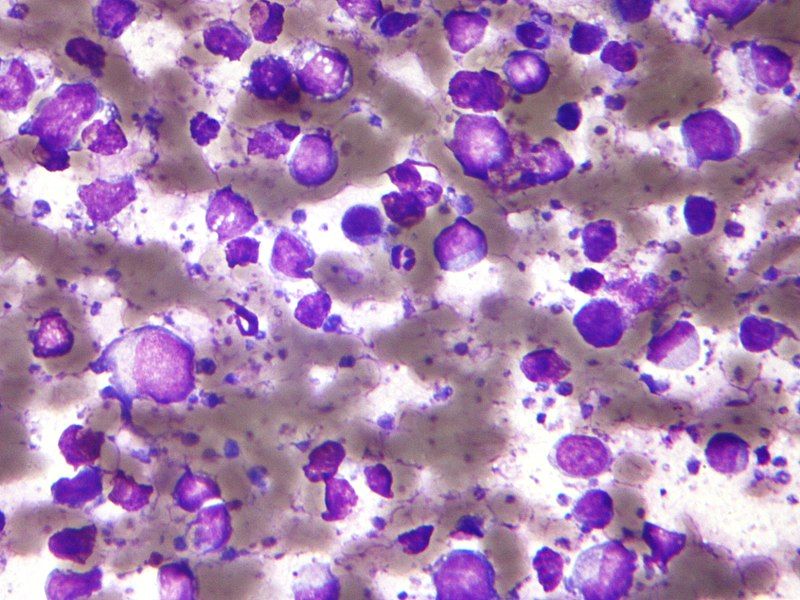
Gilead subsidiary Kite has announced positive long-term data from the ZUMA-1 study of Yescarta (axicabtagene ciloleucel) in adults suffering from refractory large B-cell lymphoma.
The long-term results include new overall survival data from the Phase II trial at three years after a single infusion of Yescarta.

Discover B2B Marketing That Performs
Combine business intelligence and editorial excellence to reach engaged professionals across 36 leading media platforms.
In addition, the company reported data from a safety management cohort, where patients were given early steroid intervention for cytokine release syndrome (CRS) and neurologic events.
A minimum follow-up of three years showed that 47% of participants with refractory large B-cell lymphoma in the Phase II cohorts survived with a median overall survival (OS) of 25.8 months.
During the safety management analysis, relapsed or refractory large B-cell lymphoma patients who received Yescarta were given earlier steroid intervention upon Grade 1 CRS or Grade 1 neurologic event without any improvement following three days of supportive care.
According to Kite, 41 patients in this cohort were administered with Yescarta and had a median follow-up of 8.7 months. Of the participants, 73% received corticosteroids and 76% were given tocilizumab.

US Tariffs are shifting - will you react or anticipate?
Don’t let policy changes catch you off guard. Stay proactive with real-time data and expert analysis.
By GlobalDataEarlier steroid use was observed to reduce the percentage of patients with Grade ≥3 CRS and neurologic events. The company added that the rates were numerically lower than those found in the trial’s registrational cohorts.
Kite CEO Christi Shaw said: “With approximately half of patients with refractory large B-cell lymphoma in our registrational trial alive three years following treatment with Yescarta, we are delivering towards our goal of potentially life-saving therapy for many patients who previously faced limited treatment options and a poor prognosis prior to the introduction of CAR T therapy.
“These results, coupled with an analysis that suggests a reduced risk of severe CRS and neurological events with earlier use of steroids, further support our ongoing leadership in cell therapy and commitment to patient care.”
Yescarta is a CAR T cell therapy indicated to treat relapsed or refractory large B-cell lymphoma in adults in the US. The drug can be taken following two or more lines of systemic therapy.





